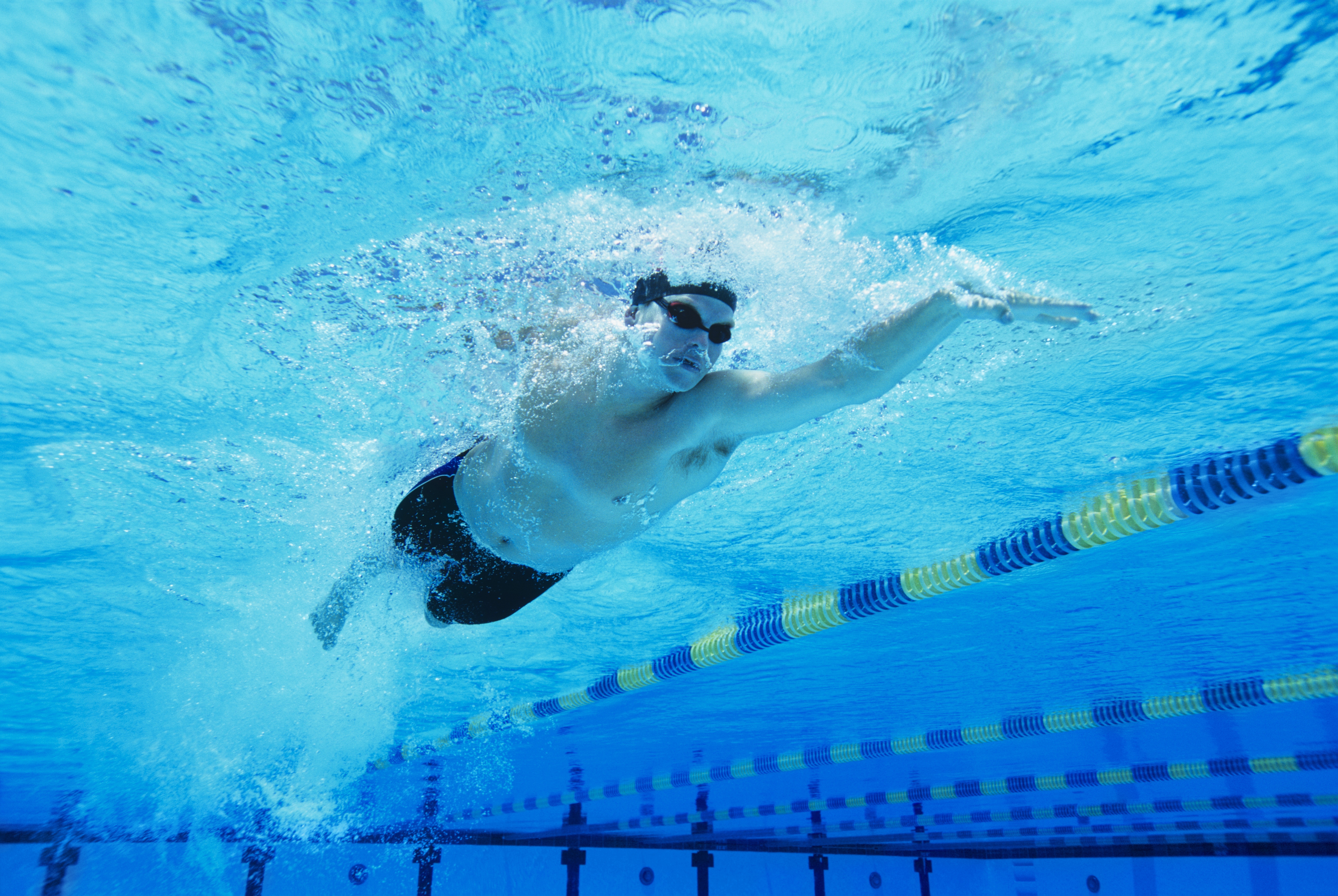"Expert NDIS physiotherapy, right at your doorstep."
Welcome to Physiotherapies!
Welcome to Physiotherapies!

Swimming is often seen as a low-risk sport, but injuries can still occur, particularly in the shoulder. The Australian women’s water polo team’s recent quarantine in Rio highlights how unexpected challenges can impact athletes just days before major events. While the physical risks of water sports are generally lower compared to other activities, overuse, poor technique, or repetitive motion can lead to shoulder pain and injuries, such as rotator cuff tendinitis. If you’re experiencing shoulder pain from swimming or other water sports, physiotherapy can help you recover and prevent future injuries.
When swimming outdoors, always ensure the depth of the water is known before diving in head first. In lakes or oceans, be aware of potential hazards such as tides, rapids, or marine life. Never swim alone, and always swim in designated, safe areas.
Physiotherapists are university-trained health professionals who specialize in diagnosing and treating sports injuries, including those related to swimming. Whether you’re recovering from a shoulder injury, seeking to prevent future issues, or improving performance, physiotherapists offer tailored solutions to keep you swimming safely and effectively.
As Melbourne’s leading experts in physical health, Physiotherapies is committed to helping swimmers of all levels stay injury-free, active, and moving for life.
